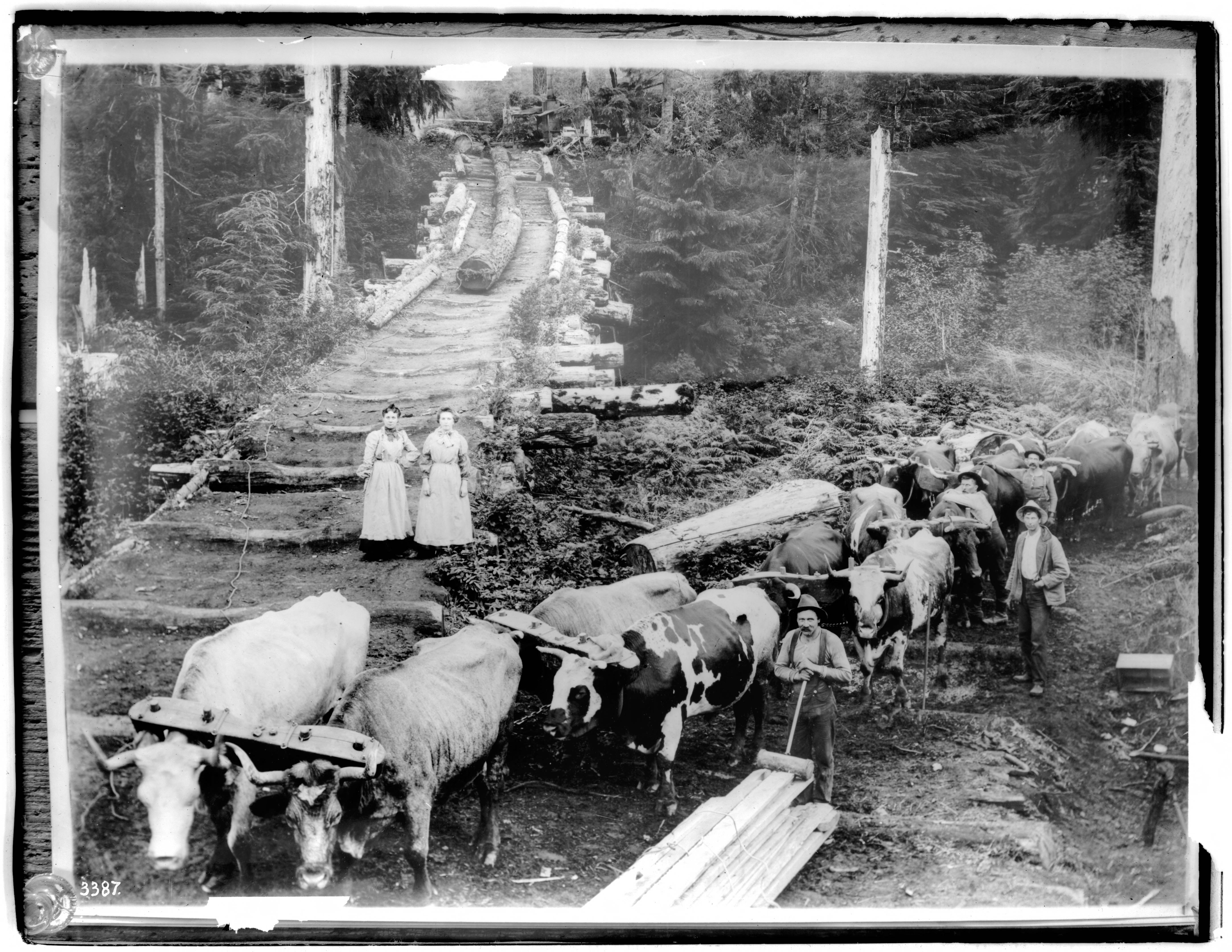A corporate merger is when two corporations combine to become a single firm. There are several types of mergers, including those where both corporations still exist after the merger. One type is a Triangular Merger. In this, the acquired corporation continues in existence as a wholly-owned subsidiary of the acquirer without transferring any assets. In a triangular merger there usually are two agreements which typically might be called “Agreement of Merger” and “Agreement of Reorganization”, respectively. The Agreement of Merger is the statutory agreement drafted, executed and filed with the Secretary of State pursuant to California Corporations Code.
A corporation is considered a separate legal entity apart from its owners. The transfer of corporate stock is not deemed a transfer of the real property of a legal entity because the separate legal entity still owns the property. However, a traditional merger—one in which two or more corporations merge, one survives and the others disappear—results in the transfer of the assets of each disappearing corporation to the surviving corporation. In a recent decision, parties did not want a transfer of real estate because of contractual relations that made a transfer of the property costly
(and it would trigger a property tax reassessment). They used a reverse merger so that there was no transfer of real estate. The court said that was ok… it was not intended to cheat shareholders or creditors, so the court would respect the transaction.
 California Real Estate Lawyers Blog
California Real Estate Lawyers Blog










 In
In